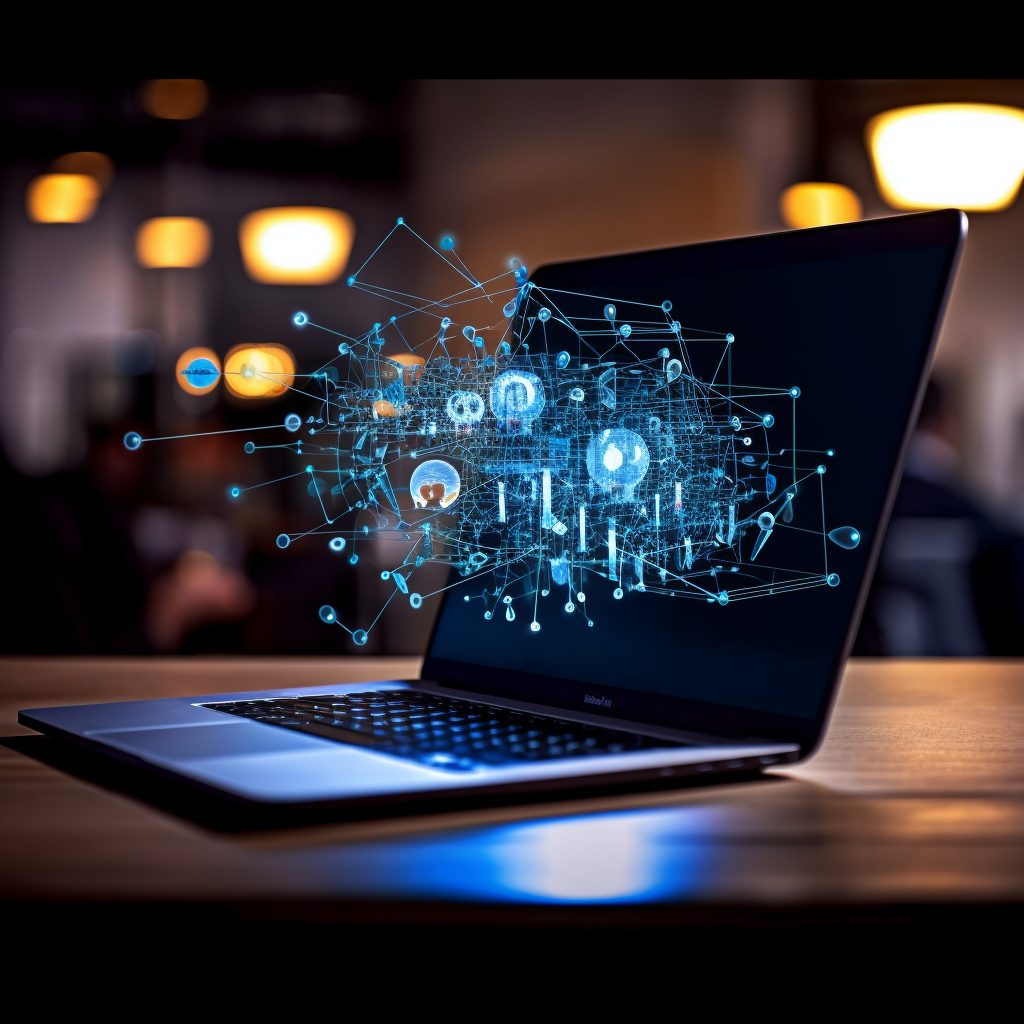In a significant move aimed at revolutionizing the manufacturing sector, German-based technology giant Siemens has joined forces with Microsoft to introduce an AI-powered chatbot called Siemens Industrial Copilot. This partnership, announced on October 31, marks a new era of “human-machine collaboration” within manufacturing, promising to streamline processes and boost productivity.
Transforming manufacturing with AI
Siemens Industrial Copilot is designed to significantly reduce the time required for simulation and optimization of complex automation code, cutting it from several weeks to mere minutes. This innovation enables employees to interact with the AI assistant using natural language, granting them access to detailed repair instructions and simulation tools. Microsoft asserts that this technology can enhance efficiency and productivity throughout the industrial lifecycle.
One notable success story of this collaboration is the integration of the AI assistant by the automotive company Schaeffler AG. They have reported improved efficiency and increased creativity due to adopting Siemens Industrial Copilot into their existing processes.
Expanding horizons beyond manufacturing
While the initial focus is on the manufacturing sector, Siemens and Microsoft have ambitious plans to extend the reach of their AI assistants into other industries, including transportation, healthcare, and infrastructure. This expansion aims to empower various sectors with AI-driven tools and foster innovation.
Empowering workers with AI tools
Satya Nadella, Chairman and CEO of Microsoft, emphasized the transformative potential of this partnership, stating, “With this next generation of AI, we have a unique opportunity to accelerate innovation across the entire industrial sector.” He highlighted the collaboration’s blend of Microsoft’s AI expertise and Siemens’ industrial domain knowledge as a key driver of innovation for frontline and knowledge workers.
A holistic partnership
This partnership goes beyond just AI chatbots. Siemens and Microsoft are also developing a Siemens Teamcenter app for Microsoft Teams. Scheduled for a full rollout in December, this app promises to be a game-changer for virtual collaboration, creating an “industrial metaverse” that enhances data accessibility for factory and field service workers.
Siemens’ revenue strategy
Siemens, which reported generating over €72.0 billion (US$76 billion) in revenue in a positive fiscal year, is actively investing in generative AI as a means of increasing its revenue in the face of global macroeconomic challenges. Roland Busch, CEO of Siemens AG, expressed their shared vision with Microsoft, stating, “Together with Microsoft, our shared vision is to empower customers with the adoption of generative AI. This has the potential to revolutionize the way companies design, develop, manufacture, and operate.”
Microsoft’s AI partnerships
Microsoft has been forging numerous strategic AI partnerships in recent months. Notably, the company secured a $2 billion investment from professional services firm KPMG in July, with a significant portion dedicated to AI research. Additionally, Microsoft has been collaborating with national governments, including a $3.2 billion AI investment in Australia in October, aimed at improving computing capacity and providing training in AI and other emerging technologies to 300,000 residents.
The Siemens-Microsoft partnership represents a significant step toward advancing AI adoption in the manufacturing sector and beyond. Siemens Industrial Copilot and the Siemens Teamcenter app for Microsoft Teams promise to empower workers, enhance productivity, and drive innovation in various industries. This partnership underscores Microsoft’s commitment to AI research and collaboration, positioning it as a key player in the evolving landscape of artificial intelligence.





